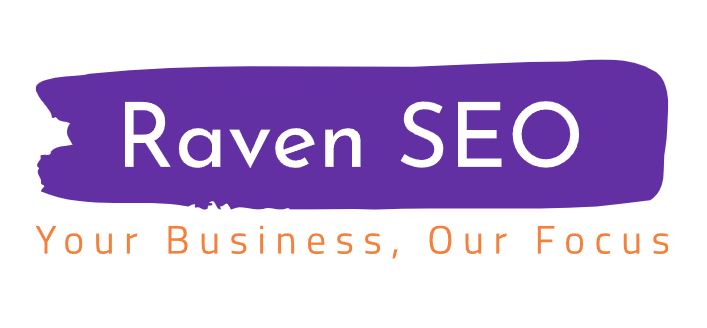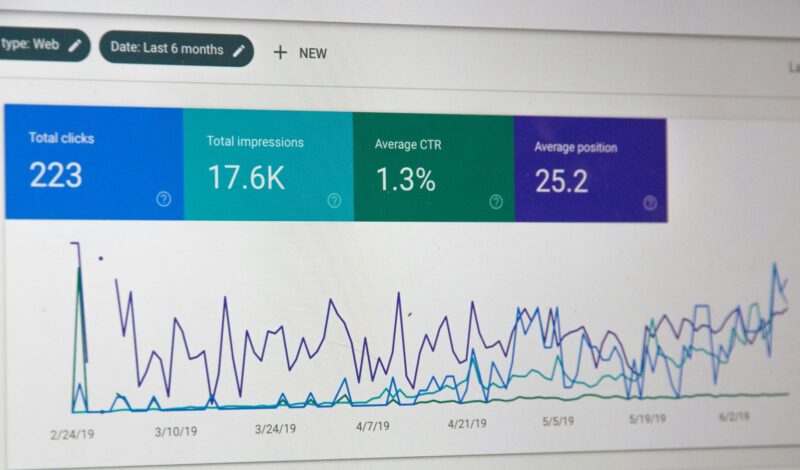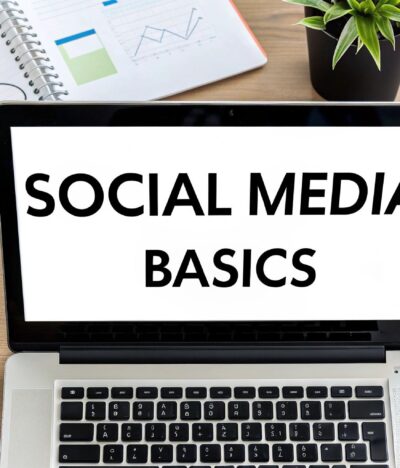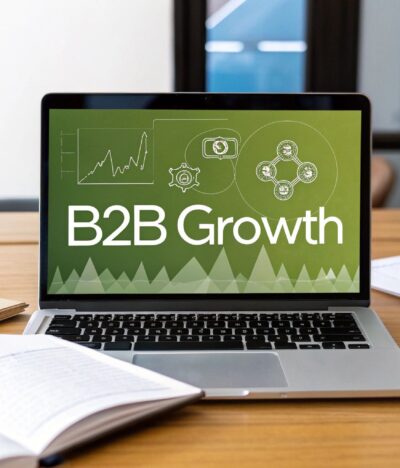Have you ever wondered how Google finds all the pages on your website? Or why some pages seem to get indexed (added to Google’s search results) faster than others? The answer lies in something called the “crawl budget.”
In this blog post, we’ll break down what Google’s crawl budget is, why it matters for your website’s SEO, and most importantly, how you can optimize it to ensure Google efficiently discovers and indexes your valuable content.
What is Google Crawl Budget?
Think of your website as a library and Google’s search engine bots (called “spiders” or “crawlers”) as librarians. The crawl budget is like the amount of time those librarians have to explore your library. It’s the number of pages Googlebot can crawl and index on your site within a given timeframe.
Two Key Factors Determine Crawl Budget:
- Crawl Rate Limit: How fast Googlebot can access and download pages from your site without overloading your server.
- Crawl Demand: Google’s assessment of how important and frequently updated your pages are. Popular, fresh content gets prioritized.
Why Does Crawl Budget Matter for SEO?
Simply put, if Google doesn’t index a page, it can’t rank in search results. For most websites, crawl budget isn’t a major concern. But if you have a large website with thousands of pages, or if your site has technical issues slowing down Googlebot, your crawl budget could become a limiting factor.
- Wasted Crawl: Googlebot might waste time crawling pages that are low priority or shouldn’t be indexed at all (like duplicate pages, thank you pages, or internal search results).
- Missed Opportunities: Important new or updated content might not get crawled and indexed promptly, delaying its visibility in search results.
How to Optimize Your Google Crawl Budget
- Fix Crawl Errors: Check Google Search Console for crawl errors (404s, server errors) and fix them.
- Improve Site Speed: A fast-loading website allows Googlebot to crawl more pages efficiently. Optimize images, minify code, and leverage caching (check our website speed optimization article for more information).
- Use Robots.txt Wisely: This file tells search engines which pages to crawl and which to ignore. Be careful not to accidentally block important pages.
- Prioritize Internal Linking: Use a logical internal linking structure to guide Googlebot to your most important pages.
- Consolidate Duplicate Content: If you have multiple pages with similar content, use canonical tags to tell Google which version is the original.
- Use ‘Noindex’ for Unimportant Pages: Add the “noindex” tag to pages like thank you pages, old press releases, or pages you don’t want to appear in search results.
- Submit XML Sitemaps: A sitemap is like a roadmap of your website. Submitting it to Google Search Console helps them discover and crawl your pages more efficiently.
FAQs About Google Crawl Budget
Does crawl budget impact small websites?
In most cases, small websites don’t need to worry about crawl budget. Googlebot can usually crawl and index their pages without any issues.
How often does Google crawl my website?
Crawl frequency varies for each website. It depends on factors like your site’s size, update frequency, and overall popularity.
Can I check my website’s crawl budget?
While Google doesn’t provide a specific crawl budget number, you can monitor crawl stats in Google Search Console to get insights into how often Googlebot visits your site.
Raven SEO Can Help
At Raven SEO, we understand the intricacies of crawl budget optimization and how it fits into a comprehensive SEO strategy. If you have a large website, are experiencing crawling issues, or want to ensure Google is efficiently indexing your content, contact us for a free consultation. We’ll analyze your site’s crawl data, identify bottlenecks, and implement solutions to maximize your crawl budget.
Remember: Crawl budget is just one aspect of SEO. For optimal results, focus on creating high-quality, relevant content that provides value to your audience. Combine this with technical optimization, effective on-page SEO, and a strong backlink profile, and you’ll be well on your way to achieving sustainable success in search rankings.




